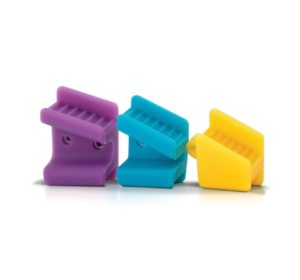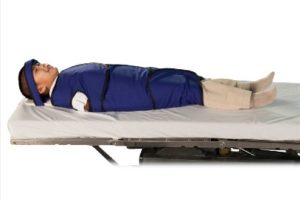My sister-in-law and I were talking about our children’s teeth. I mentioned that my son loves his dentist. It’s actually where I get most of my reading done while I am waiting in the waiting room. She said I should never let my child go back to the dentist without me there because some dentists restrain children. I was shocked. I think, though, if my son were being restrained he wouldn’t like going to the dentist as much, right? should I be worried?
Pamela
Dear Pamela,
First, to put your mind at ease, I don’t think you need to be worried at all. Your son loves the dentist and I don’t think he would if anything unpleasant was happening. It sounds like you’ve given him a good foundation in dental care so that his appointments are fun and not about painful dental emergencies. It also sounds like he is happy, confident, and self-sufficient. So, don’t let your sister-in-law give you doubts. I am not espousing one method of parenting over another. I know plenty of parents who go back with their children and they do very well also. The key is knowing YOUR child and what works for them.

A colleague in dental school once told me that he didn’t use one and the child bit down while he was drilling. This caused the drill to go through the tooth and into the child’s gums. He’s never done a procedure on a child without one since that horrible incident. This type of restraint I would say is necessary and makes the child comfortable and safe.
There is another type of restraint, called a papoose. I’ve pictured this below.

Pediatric Paposse Board
These are generally only used in situations where there is a dental emergency and the child will not calm down enough for them to get the work done. It feels like a hug on the child and almost always calms them down. Most dentists who regularly work with children have ways of calming even difficult children. Though, sometimes if it is a highly invasive procedure, you may want to consider dental sedation as an alternative.
As I mentioned earlier, I don’t think you have anything to worry about. Your son seems to be perfectly content with his pediatric dentist.
This blog is brought to you by Lexington, KY Dentist Dr. John Weaver.
